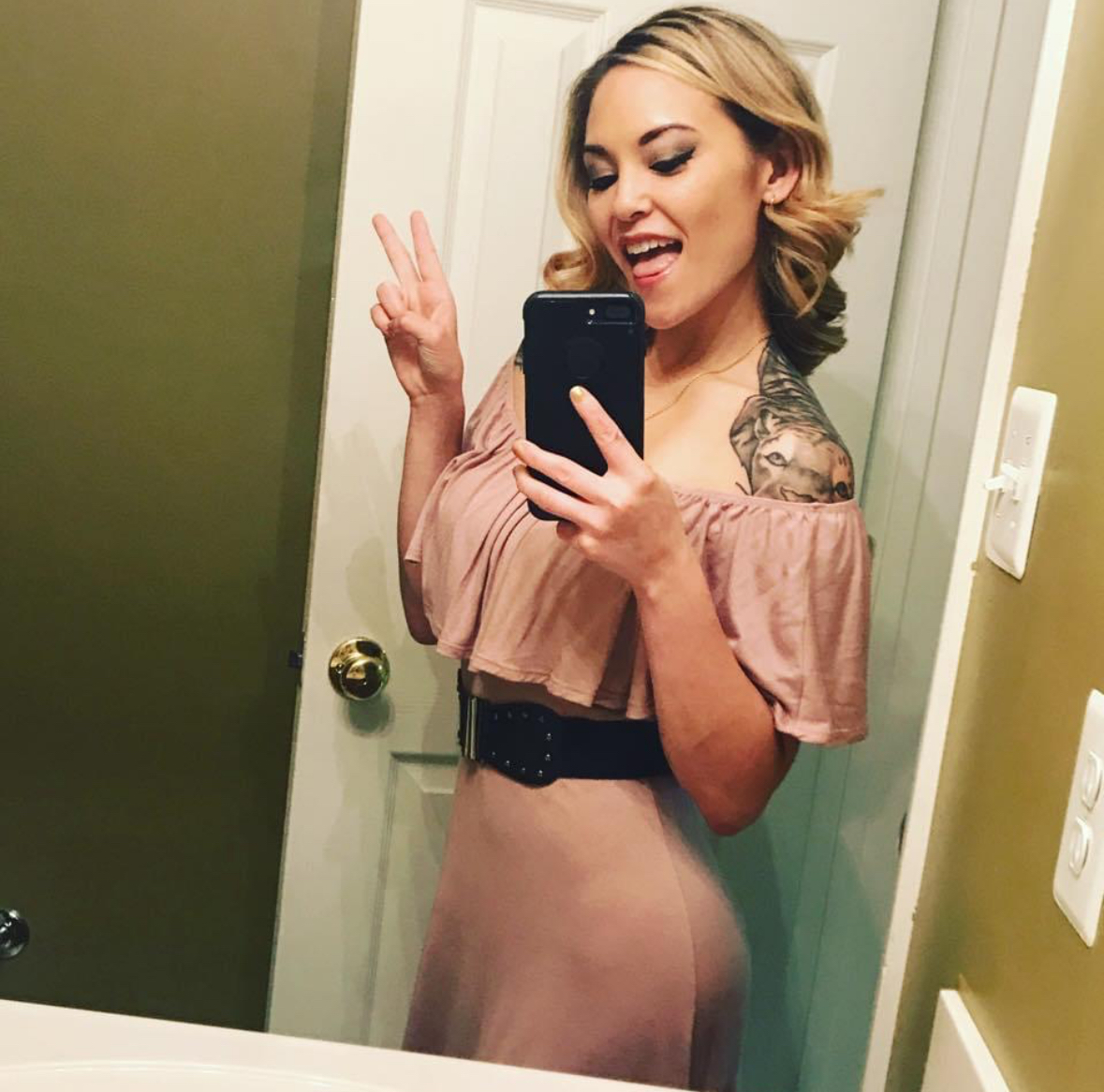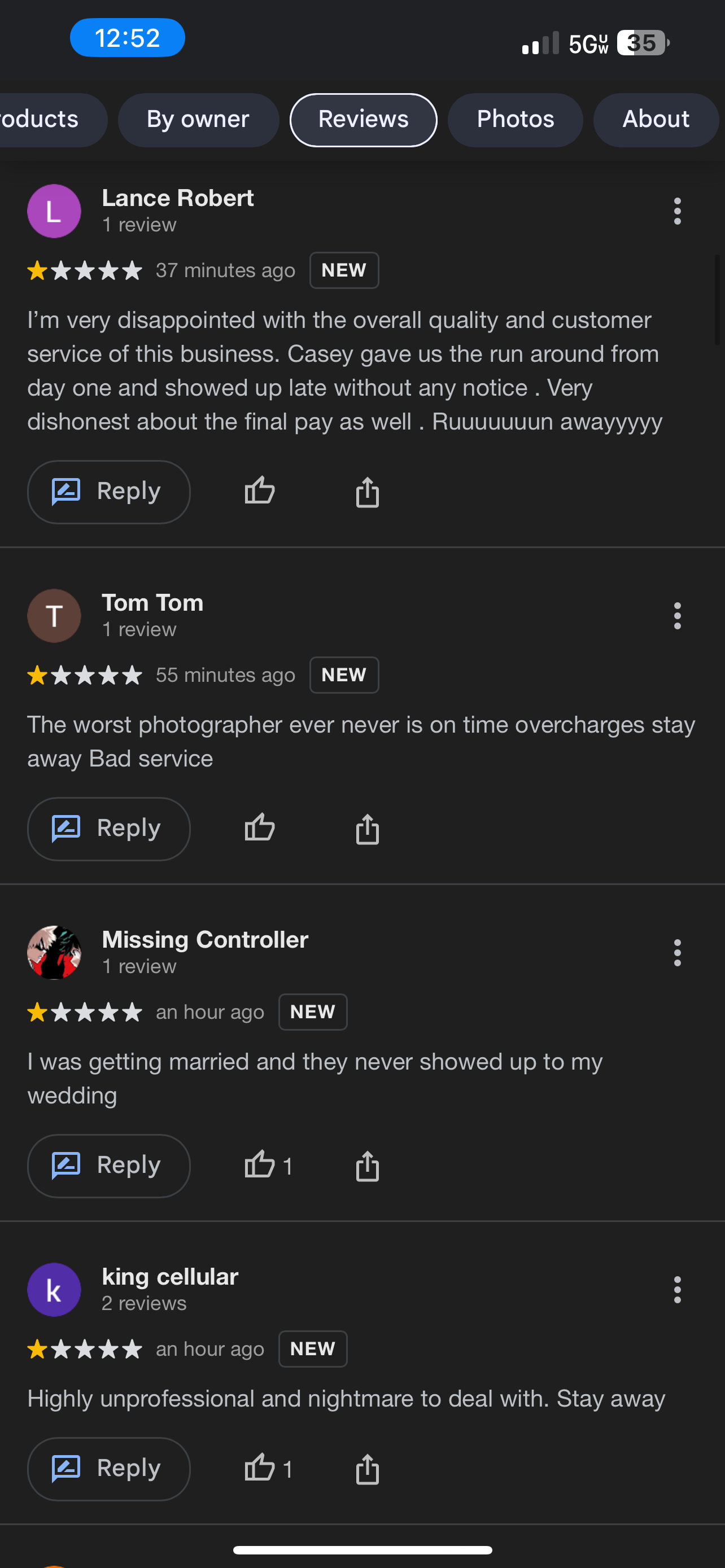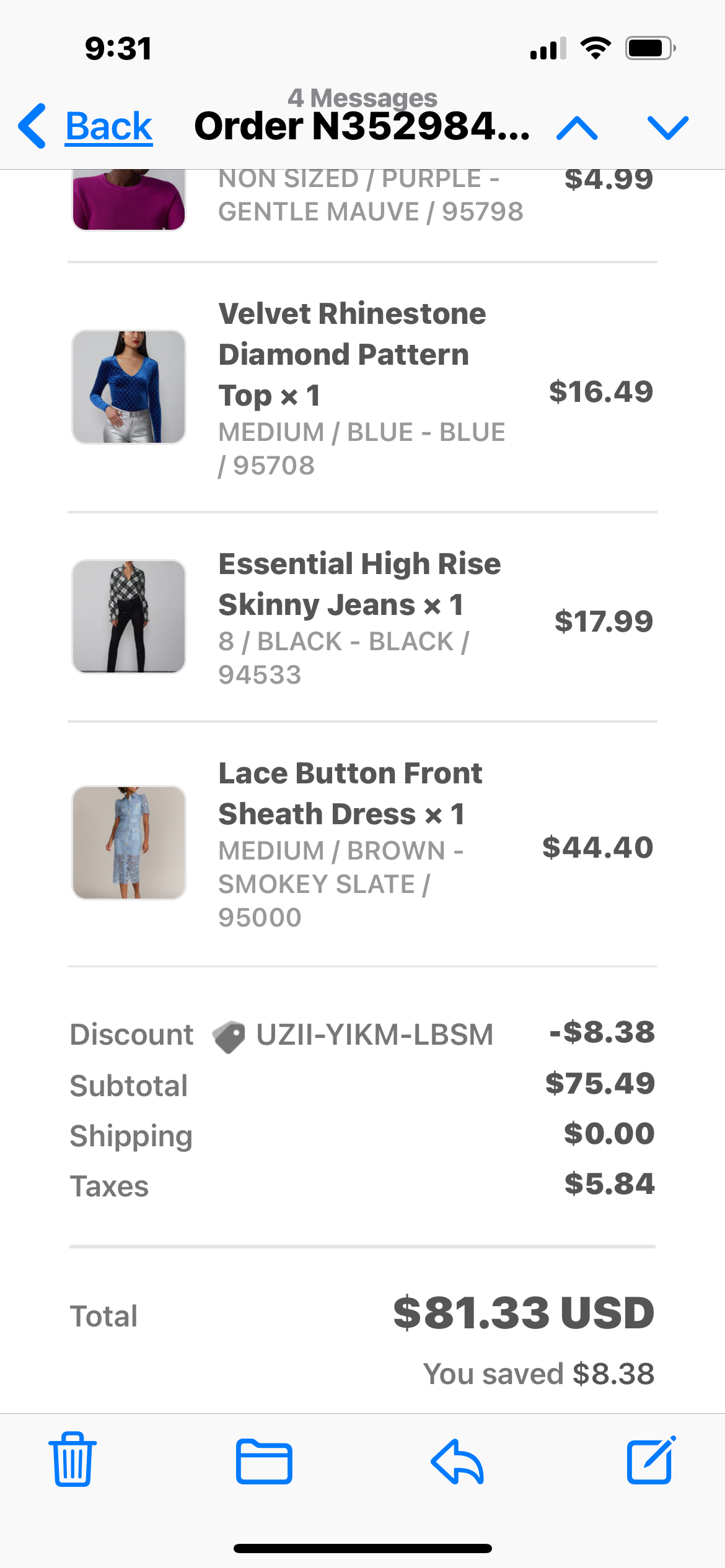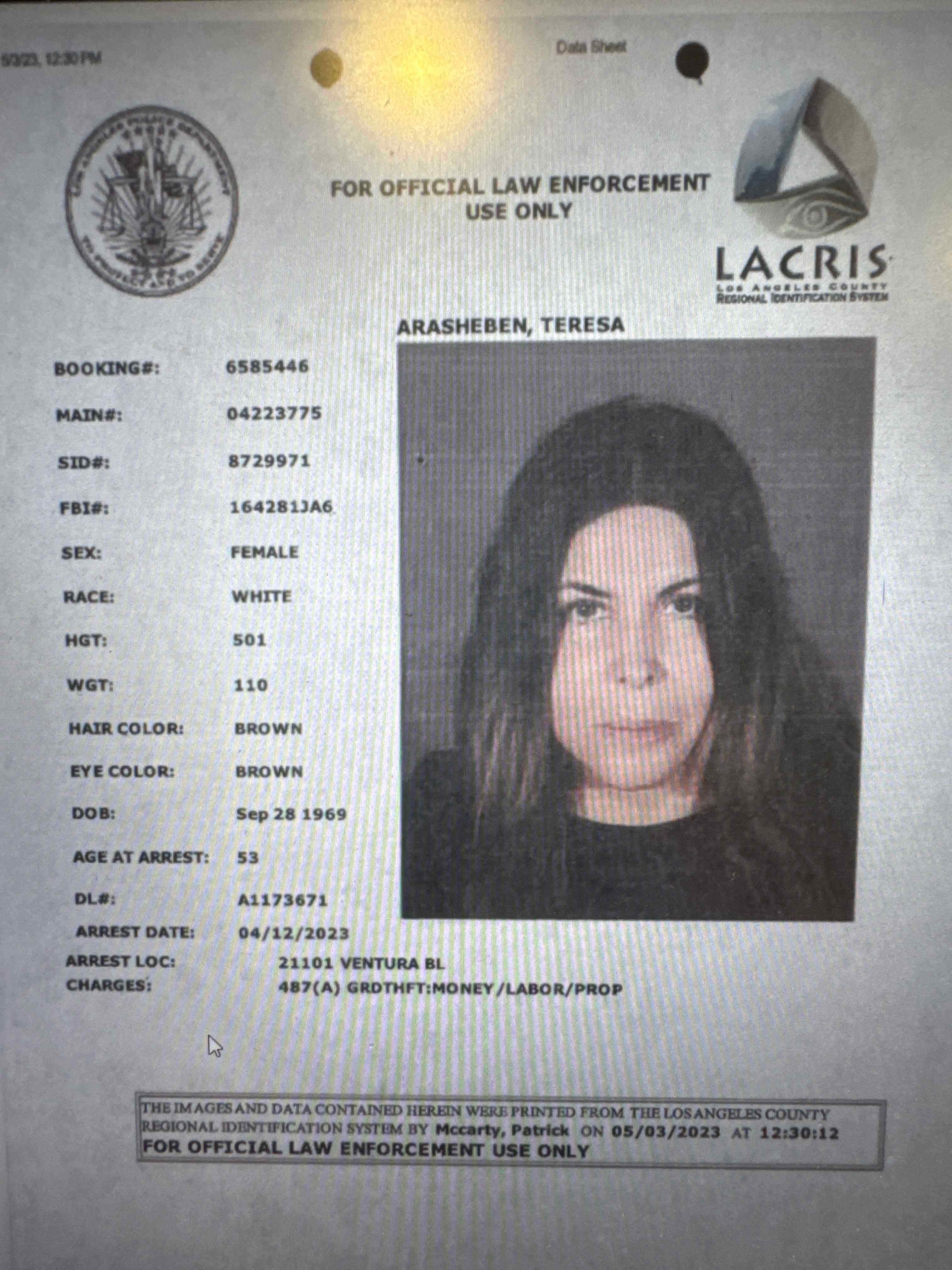- Report: #385838
Complaint Review: New York Life - Cleveland Ohio
New York Life DO NOT ORDER WHOLE LIFE INSURANCE!Cleveland Ohio
*Consumer Suggestion: Whole Life Insurance is not a retirement vehicle
*Consumer Suggestion: Whole Life Insurance is not a retirement vehicle
*Consumer Suggestion: Whole Life Insurance is not a retirement vehicle
*Consumer Suggestion: Whole Life Insurance is not a retirement vehicle
*UPDATE Employee: Its not your fault.
*Consumer Suggestion: Do not buy whole life insurance-read what most consumer advisors say about this
*Consumer Suggestion: Do not buy whole life insurance-read what most consumer advisors say about this
*Consumer Suggestion: Do not buy whole life insurance-read what most consumer advisors say about this
*Consumer Suggestion: Do not buy whole life insurance-read what most consumer advisors say about this
*Consumer Suggestion: this is horrible product
*UPDATE Employee: Consumer not correct
*Consumer Comment: not much accuracy in these posts
Southside
southside, Alabama
U.S.A.
12 Updates & Rebuttals
Mike
san antonio,Texas,
U.S.A.
not much accuracy in these posts
#2Consumer Comment
Wed, July 28, 2010
First off, I have to be in agreement with the poster who rebutted the Original Report about surrender costs. NYL (as the #1 Mutual Life Insurance Company) does NOT have a surrender charge on a Whole Life policy. While I feel bad that you think you got "ripped off" the bottom line is that this is false.
Secondly, WL is ONLY an investment when it is considered a (small) portion of your overall investment portfolio and it is used as the CONSERVATIVE allocation of that portfolio. Even then, it should only be used as that conservative portion when you also NEED some life insurance protection. Now, if you were truly told that it was a retirement investment, then I would contact the company. By the way, you would have received an "Illustration" when you got your policy. This shows the "projected" performance of your policy over several decades. It should VERY CLEARLY state what your cash value would grow to. Now, there is the "most aggressive" column, a "most conservative column" and a "mid range column" on these illustrations. I have NEVER seen a policy that has not been BETTER than its most aggressive column. Better in the 2nd year and every year thereafter. Period!
Finally, a comment about the company keeping the cash value when it pays you a death benefit. To be fair, there are certainly some companies that do this. However, I am responding to a comment on a NY Life policy. So, this is absolutely false with these policies. As your cash value grows by a dollar, it also increases the death benefit by a dollar. So, if you bought a 100K policy and now it has a Cash Value of 50K, and you died - your family (or charity) gets $150K (ok, again in fairness, it might be a teensy bit less - like $148K).
So, did the poor guy get ripped off? I dont know. But I do want the facts about product performance to be accurate.
Finally, I am an independent financial planner. I can broker insurance with any company that I want to. I do place a LOT of NY Life because its products and its promises are solid.
Mike
Mjoliphant
Visalia,California,
U.S.A.
Consumer not correct
#3UPDATE Employee
Wed, February 11, 2009
I read the complaint and understand the frustration of many people suffering as a result of what is happening with the economy often coupled by bad personal financial choices. I do however have to disagree with this complaint. I have been in the insurance business for over 17 years and this is a fact... whole life policies with a mutual company like NY Life do not have a surrender charge. You will have less cash value than premiums paid for several years, but keep in mind you are purchasing life insurance and that is not free. Right now most people are looking at 20, 30 or even 40% declines in their "investments" ie... 401K, mutual funds, variable annuities etc.... that's the market. Anyone with a whole life contract with a reputable mutual carrier has seen nothing but gains in their policies over that last year. Life insurance is the most misunderstood of all necessary pieces of a portfolio. Do not be fooled by those who would have you think that buying term insurance solely and investing the difference is the panacea. Look where those investments are today. Life insurance has huge tax benefits... It's the best peace of mind and often times the best piece of a portfolio.
Cat
Hendersonville,Tennessee,
U.S.A.
this is horrible product
#4Consumer Suggestion
Sat, November 29, 2008
This is a horrible product and I am glad you cancelled. You need to be saving for retirement, but whole life is not the place to save! You need to learn about savings and retirement plans, but please stay away from whole life! Geesh, I have more saved in a normal savings account than that . Borrowing from a whole life is hardly the way to make it in this world!
Oc User
Mission Viejo,California,
U.S.A.
Do not buy whole life insurance-read what most consumer advisors say about this
#5Consumer Suggestion
Fri, November 28, 2008
Its not only NY Life insurance that does these kinds of things. And there are many reports of people who were sold these types of policies as retirement plans or to pay for college expenses. I ran into one family that had a policy on their 18 yr old son that they had been sold to pay for his college. As I recall it had around $1000--give or take a bit--cash value--it might even have been less, but no where near enough to cover the cost of college. And in the points listed in favor of whole life, it was neglected to mention that if someone has $10,000 or however much cash value and dies, they normally just get the face amount. The cash value, contrary to what most cash value policy holders seem to believe, belongs to the insurance company so they keep it. This will be stated in the policy somewhere but most people don't seem to read their financial documents and too many agents do not clearly explain these things and may even mislead clients to think that it is an investment vehicle. Check with most consumer oriented groups and they will say instead of buying cash value life insurance, buy term insurance and invest the difference between what the whole life policy would cost and what you can get a term policy for. That way you have life insurance protection--if you need it and while you need it--and a separate investment that belongs to you. You don't need to borrow your own money to get it and if you die, the investment is totally separate and goes to your beneficiaries. By the way, cash value policies generally pay higher commissions than term life insurance which contributes to their higher costs and provides incentive for agents to sell them. Note: I am a life licensed agent that does not sell whole life insurance.
Oc User
Mission Viejo,California,
U.S.A.
Do not buy whole life insurance-read what most consumer advisors say about this
#6Consumer Suggestion
Fri, November 28, 2008
Its not only NY Life insurance that does these kinds of things. And there are many reports of people who were sold these types of policies as retirement plans or to pay for college expenses. I ran into one family that had a policy on their 18 yr old son that they had been sold to pay for his college. As I recall it had around $1000--give or take a bit--cash value--it might even have been less, but no where near enough to cover the cost of college. And in the points listed in favor of whole life, it was neglected to mention that if someone has $10,000 or however much cash value and dies, they normally just get the face amount. The cash value, contrary to what most cash value policy holders seem to believe, belongs to the insurance company so they keep it. This will be stated in the policy somewhere but most people don't seem to read their financial documents and too many agents do not clearly explain these things and may even mislead clients to think that it is an investment vehicle. Check with most consumer oriented groups and they will say instead of buying cash value life insurance, buy term insurance and invest the difference between what the whole life policy would cost and what you can get a term policy for. That way you have life insurance protection--if you need it and while you need it--and a separate investment that belongs to you. You don't need to borrow your own money to get it and if you die, the investment is totally separate and goes to your beneficiaries. By the way, cash value policies generally pay higher commissions than term life insurance which contributes to their higher costs and provides incentive for agents to sell them. Note: I am a life licensed agent that does not sell whole life insurance.
Oc User
Mission Viejo,California,
U.S.A.
Do not buy whole life insurance-read what most consumer advisors say about this
#7Consumer Suggestion
Fri, November 28, 2008
Its not only NY Life insurance that does these kinds of things. And there are many reports of people who were sold these types of policies as retirement plans or to pay for college expenses. I ran into one family that had a policy on their 18 yr old son that they had been sold to pay for his college. As I recall it had around $1000--give or take a bit--cash value--it might even have been less, but no where near enough to cover the cost of college. And in the points listed in favor of whole life, it was neglected to mention that if someone has $10,000 or however much cash value and dies, they normally just get the face amount. The cash value, contrary to what most cash value policy holders seem to believe, belongs to the insurance company so they keep it. This will be stated in the policy somewhere but most people don't seem to read their financial documents and too many agents do not clearly explain these things and may even mislead clients to think that it is an investment vehicle. Check with most consumer oriented groups and they will say instead of buying cash value life insurance, buy term insurance and invest the difference between what the whole life policy would cost and what you can get a term policy for. That way you have life insurance protection--if you need it and while you need it--and a separate investment that belongs to you. You don't need to borrow your own money to get it and if you die, the investment is totally separate and goes to your beneficiaries. By the way, cash value policies generally pay higher commissions than term life insurance which contributes to their higher costs and provides incentive for agents to sell them. Note: I am a life licensed agent that does not sell whole life insurance.
Oc User
Mission Viejo,California,
U.S.A.
Do not buy whole life insurance-read what most consumer advisors say about this
#8Consumer Suggestion
Fri, November 28, 2008
Its not only NY Life insurance that does these kinds of things. And there are many reports of people who were sold these types of policies as retirement plans or to pay for college expenses. I ran into one family that had a policy on their 18 yr old son that they had been sold to pay for his college. As I recall it had around $1000--give or take a bit--cash value--it might even have been less, but no where near enough to cover the cost of college. And in the points listed in favor of whole life, it was neglected to mention that if someone has $10,000 or however much cash value and dies, they normally just get the face amount. The cash value, contrary to what most cash value policy holders seem to believe, belongs to the insurance company so they keep it. This will be stated in the policy somewhere but most people don't seem to read their financial documents and too many agents do not clearly explain these things and may even mislead clients to think that it is an investment vehicle. Check with most consumer oriented groups and they will say instead of buying cash value life insurance, buy term insurance and invest the difference between what the whole life policy would cost and what you can get a term policy for. That way you have life insurance protection--if you need it and while you need it--and a separate investment that belongs to you. You don't need to borrow your own money to get it and if you die, the investment is totally separate and goes to your beneficiaries. By the way, cash value policies generally pay higher commissions than term life insurance which contributes to their higher costs and provides incentive for agents to sell them. Note: I am a life licensed agent that does not sell whole life insurance.
Alex
Irvine,California,
U.S.A.
Its not your fault.
#9UPDATE Employee
Thu, November 20, 2008
It isn't your fault that there was a surrender charge and a whole life policy shouldn't be the ONLY means for retirement. I'm sorry about your loss but thats the monster of a whole life policy, it lacks flexibility. When it is used in conjunction with other investment assets it can be a valuable tool. I was curious if you consulted your agent to perhaps take out a policy loan in order to have it pay for itself, or if you talked to him about lowering your coverage to make the payments more manageable. Maybe you together you could have come up with some alternatives that might have made you more satisfied. You may have lost money, but you also have to remember that you were being covered during the duration of the policy. I know you had horrible experience with permanent insurance but that isn't always the case. If you search the internet you can probably find both sides to the argument behind term and permanent. Personally i don't think one is better than another, it really depends on the situation. Everyone is in different situations. You have to also remember that if you put that money somewhere else you could be at a loss also. If it was in an IRA you'd have to pay a 10% ding + regular income tax (depending on trad or roth). Or even if you put it anything with investment risk it could be doing horrible just like the market. Once again, your right it IS NOT your fault. But it isn't the products fault either. Just a horrible situation in combination with non-flexible product. I'm sorry to hear about your horror story.
Mike
River Edge,New Jersey,
U.S.A.
Whole Life Insurance is not a retirement vehicle
#10Consumer Suggestion
Wed, October 29, 2008
Southside, What you purchased was a Whole Life insurance policy. I repeat "LIFE INSURANCE" policy. The type you purchased carries a cash value buildup inside of it that earns a minimum interest rate and is based on a dividend scale. This cash value grows tax deferred, and can be loaned out or withdrawn as needed once there is available cash. It can even be used to pay the premiums in times of need. It is NOT AN INVESTMENT VEHICLE!! It can be used to generate a cash value, but it is NOT a retirement program. You may have misunderstood what you were buying, and no, whole life isn't for everyone, but here is a few things about Whole Life policies that are great: 1. Your premiums never go up, you are always paying the premiums of someone of your issue age 2. You have a Guaranteed Cash value. GUARANTEED 3. You can loan money to yourself tax free 4. If you have $20k in cash value and die, your entire policy is paid to your beneficiaries (100k, 250k, etc). Everyone is struggling, but you could have used the cash buildup to pay the premiums for a while, or loaned the money out to yourself so you didn't lose the insurance, etc. You should have talked to an professional about this prior to cancelling your insurance for a few grand. What happens if you die now?
Mike
River Edge,New Jersey,
U.S.A.
Whole Life Insurance is not a retirement vehicle
#11Consumer Suggestion
Wed, October 29, 2008
Southside, What you purchased was a Whole Life insurance policy. I repeat "LIFE INSURANCE" policy. The type you purchased carries a cash value buildup inside of it that earns a minimum interest rate and is based on a dividend scale. This cash value grows tax deferred, and can be loaned out or withdrawn as needed once there is available cash. It can even be used to pay the premiums in times of need. It is NOT AN INVESTMENT VEHICLE!! It can be used to generate a cash value, but it is NOT a retirement program. You may have misunderstood what you were buying, and no, whole life isn't for everyone, but here is a few things about Whole Life policies that are great: 1. Your premiums never go up, you are always paying the premiums of someone of your issue age 2. You have a Guaranteed Cash value. GUARANTEED 3. You can loan money to yourself tax free 4. If you have $20k in cash value and die, your entire policy is paid to your beneficiaries (100k, 250k, etc). Everyone is struggling, but you could have used the cash buildup to pay the premiums for a while, or loaned the money out to yourself so you didn't lose the insurance, etc. You should have talked to an professional about this prior to cancelling your insurance for a few grand. What happens if you die now?
Mike
River Edge,New Jersey,
U.S.A.
Whole Life Insurance is not a retirement vehicle
#12Consumer Suggestion
Wed, October 29, 2008
Southside, What you purchased was a Whole Life insurance policy. I repeat "LIFE INSURANCE" policy. The type you purchased carries a cash value buildup inside of it that earns a minimum interest rate and is based on a dividend scale. This cash value grows tax deferred, and can be loaned out or withdrawn as needed once there is available cash. It can even be used to pay the premiums in times of need. It is NOT AN INVESTMENT VEHICLE!! It can be used to generate a cash value, but it is NOT a retirement program. You may have misunderstood what you were buying, and no, whole life isn't for everyone, but here is a few things about Whole Life policies that are great: 1. Your premiums never go up, you are always paying the premiums of someone of your issue age 2. You have a Guaranteed Cash value. GUARANTEED 3. You can loan money to yourself tax free 4. If you have $20k in cash value and die, your entire policy is paid to your beneficiaries (100k, 250k, etc). Everyone is struggling, but you could have used the cash buildup to pay the premiums for a while, or loaned the money out to yourself so you didn't lose the insurance, etc. You should have talked to an professional about this prior to cancelling your insurance for a few grand. What happens if you die now?
Mike
River Edge,New Jersey,
U.S.A.
Whole Life Insurance is not a retirement vehicle
#13Consumer Suggestion
Wed, October 29, 2008
Southside, What you purchased was a Whole Life insurance policy. I repeat "LIFE INSURANCE" policy. The type you purchased carries a cash value buildup inside of it that earns a minimum interest rate and is based on a dividend scale. This cash value grows tax deferred, and can be loaned out or withdrawn as needed once there is available cash. It can even be used to pay the premiums in times of need. It is NOT AN INVESTMENT VEHICLE!! It can be used to generate a cash value, but it is NOT a retirement program. You may have misunderstood what you were buying, and no, whole life isn't for everyone, but here is a few things about Whole Life policies that are great: 1. Your premiums never go up, you are always paying the premiums of someone of your issue age 2. You have a Guaranteed Cash value. GUARANTEED 3. You can loan money to yourself tax free 4. If you have $20k in cash value and die, your entire policy is paid to your beneficiaries (100k, 250k, etc). Everyone is struggling, but you could have used the cash buildup to pay the premiums for a while, or loaned the money out to yourself so you didn't lose the insurance, etc. You should have talked to an professional about this prior to cancelling your insurance for a few grand. What happens if you die now?

























